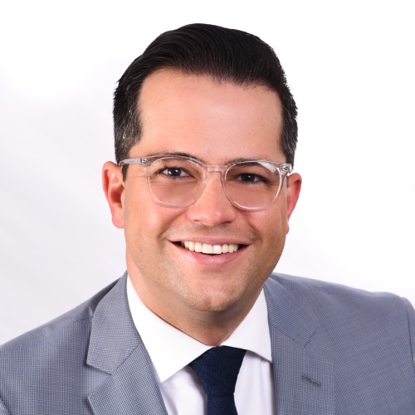When establishing a trust in California, considering a trust protector can add an extra layer of oversight and flexibility to your estate plan. At OC Trial Group, APC, we provide valuable insights into the role of a trust protector, their key responsibilities, who can be appointed, potential issues, and whether your trust should include one.
What is a Trust Protector?
A trust protector is an independent third party appointed to oversee the administration of a trust and ensure that it operates according to the intentions of the trust creator (settlor) and the best interests of the beneficiaries. They act as a safeguard against unforeseen circumstances and changes in law that may affect the trust.
Key Responsibilities of a Trust Protector:
- Monitoring Trust Administration: They oversee the trustee’s actions to ensure compliance with the trust’s terms and the law.
- Modifying Trust Terms: In some cases, a trust protector may have the authority to modify trust provisions to adapt to changing circumstances, such as tax laws or family dynamics.
- Resolving Disputes: They may have the power to resolve disputes between trustees and beneficiaries or interpret ambiguous trust terms.
- Removing Trustees: If necessary, a trust protector can remove and replace a trustee who is not fulfilling their duties appropriately.
Who Can Serve as a Trust Protector?
- Independent Third Party: Typically, trust protectors are professionals such as attorneys, accountants, or financial advisors who have expertise in trust administration and are impartial.
- Family Member or Friend: In some cases, a trusted family member or friend may serve as a trust protector, provided they can act impartially and fulfill the responsibilities effectively.
Issues to Consider with Trust Protectors:
- Clear Guidelines: It’s crucial to clearly define the scope of the trust protector’s authority and responsibilities in the trust document to avoid ambiguity or conflicts.
- Potential for Abuse: While rare, improper use of trust protector powers could lead to disputes or litigation among beneficiaries.
Should Your Trust Have a Trust Protector?
- Complex Trusts: For trusts involving substantial assets, unique provisions, or potential conflicts among beneficiaries, a trust protector can provide valuable oversight and flexibility.
- Family Dynamics: If there are concerns about future disputes or changes in circumstances that could impact trust administration, a trust protector may be beneficial.
Why Choose OC Trial Group, APC?
At OC Trial Group, APC, our estate planning attorneys specialize in crafting trusts tailored to our client’s unique needs. Whether you’re considering a trust protector, exploring estate planning strategies, or resolving trust administration issues, we provide strategic advice and meticulous oversight to protect your interests and preserve your family’s legacy.
For expert guidance on trust protectors, estate planning, or probate matters, contact us today for a consultation. We are committed to ensuring your estate plan reflects your wishes and provides peace of mind for you and your loved ones.
Contact Our Trust & Estate Litigation Attorneys in Orange County, CA
Deciding whether to include a trust protector in your California trust requires careful consideration of your estate planning goals and potential benefits. With support from OC Trial Group and APC, you can navigate trust administration complexities, enhance oversight, and ensure your trust operates effectively for generations to come.
For personalized advice on trust protectors or other estate planning strategies, visit our website or contact us directly. We are dedicated to safeguarding your interests and guiding you through every step of the estate planning process.

